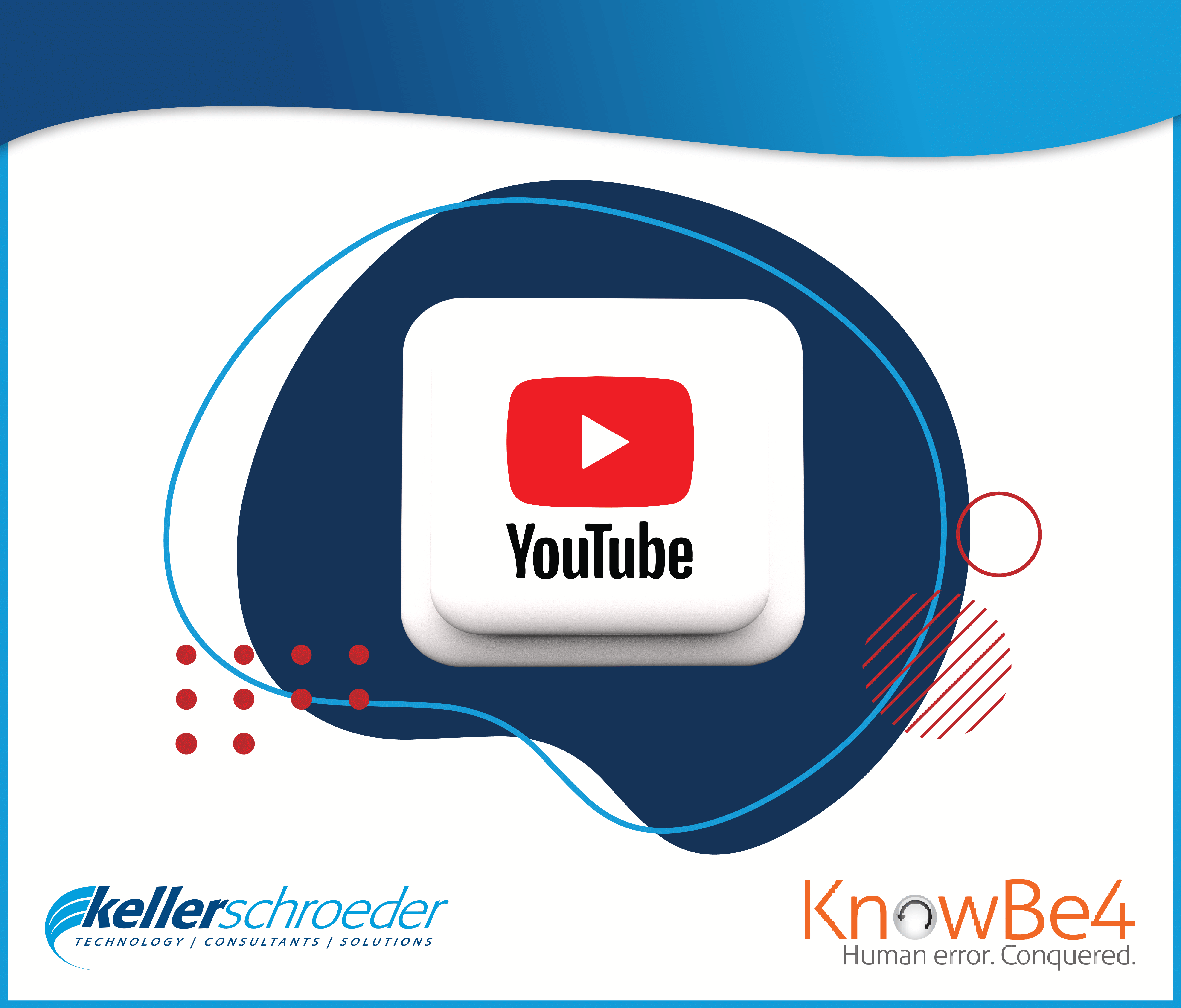If you’re curious to learn more about ChatGPT, we can help you discover what this new technology can do for you and your business.
If you’re like me, you’re probably both excited about and yet rolling your eyes at all of the hype around ChatGPT. Like all hot new technologies, you’re probably right to be cautiously optimistic about it and curious to understand what it can do for you and your business. In this brief article, I’ll boil down its capabilities and suggest some things you can do to know how to frame it up strategically.
What is it?
I think the best way to illustrate ChatGPT is by asking it to explain itself, as follows…

OK, so let’s unpack that just a bit. Simply, a “large language model” is a representation of human language, with all the meaning, style, and nuance baked in. It’s built by feeding lots and lots and LOTS of text data representing the bulk of written human knowledge into a special algorithm that is written and structured to extract the relationships between words, phrases, sentences, etc., effectively “training” a resulting “model.” The “trained knowledge” of this model can then be tapped with questions as plainly and directly as in the illustration above. I was a bit tentative when I first checked it out, but it’s very easy to register an account and try it out here (1).
OK, so is it alive?
Before we get into framing business strategy, let’s quickly cover what ChatGPT is not. First, it’s not the self-aware artificial consciousness from our Terminator-fueled nightmares. Rather, it’s a very, very thorough language model that can answer questions sort of on the level a Jeopardy grand champion might, and then some. Because, like the grand champion, ChatGPT is extremely well-read. But, it has no inherent wisdom, motivation, emotional intelligence, or immortal soul beyond that of a ginormous mountain of books, newspapers, and blogs.
Second, it’s not a silver bullet that can answer everything with perfect infallibility; instead, it’s going to have a good dose of the imperfection and conflicting biases of humanity in general. Likely, it will even reflect any bias in the way you might phrase your questions.
And third, it’s not a search engine, at least not how we think of search engines. It’s closer to an auto-complete function, except it goes way beyond finishing the last few words of a sentence; rather, it completes more fully developed ideas and ventures answers to questions alongside you without being necessarily perfect or precise. It’s a conversationalist without having any person or personality, so to speak.
So, what can I do with it?

Excellent question! ChatGPT definitely has its limitations, and, in my humble opinion, it’s not about to replace whole professions or obsolete entire product categories, at least not yet. If you think of it more like a productivity booster, an idea starter, a code hack generator, or, perhaps most useful, a cure for writer’s block, you’re beginning to get the idea.
For example, you might ask it a legal question, but you’d still want a junior associate to look over the opinion before going to court, perhaps saving some legal fees in the process versus having a veteran attorney spend a full day. Or say you’ve spent a few hours trying to debug software code and you’re getting nowhere. You might provide an excerpt of your code along with a narrow question on how to get unstuck. The answer may not be the exact logic you need, but it might get you close and turn what would have otherwise been another hour of work into ten or fifteen minutes. Or maybe you’re looking for inspiration in writing a blog (ahem) and you just want some creative encouragement by way of example. Simply ask ChatGPT to write you an article! Now, you’re starting from the vantage of an editor rather than starting your piece from scratch. Just experiment with your interests and profession and see where it takes you.
How can it create business value?
Consider some of the ideas just discussed and imagine tech firms and startups wrapping business ideas and product innovations around these capabilities, and you begin to see the possibilities. Such firms can employ software developers who can leverage ChatGPT to power applications via publicly available application programming interfaces (e.g., open APIs).
Now imagine your firm adopting (or inventing?) one of these products effectively to create an edge over competitors, increase the productivity of knowledge workers, and so on. Tasks like copywriting, customer support, and software programming are some of the emerging areas where ChatGPT is expected to boost productivity (2).
“If you think of [ChatGPT] more like a productivity booster, an idea starter, a code hack generator, or, perhaps most useful, a cure for writer’s block, you’re beginning to get the idea.”
Where do I start?
Here are some simple things you can do to educate yourself just enough on the technology so that you’ll be able to frame up the impact on your strategies.
- Pick a few curious colleagues in different areas of your organization and have them begin using the basic ChatGPT tool in their day-to-day work. Meet after a week and compare notes. What patterns or unique divergences come up? Are any opportunities emerging?
- Research whether and how ChatGPT is being used in your industry. I recommend using more than ChatGPT to research this, as implied in this interesting article on ChatGPT in agriculture (3). Is anyone developing purpose-built applications leveraging ChatGPT under the hood? Or is everyone still dabbling? Does this translate into an opportunity for your firm? Or is it too early to care?
- Designate a colleague or team to monitor ChatGPT and similar AI innovations and trends in the marketplace. Have them report what they learn on a regular cadence. Sometimes, the advantage comes not from being the first mover, but from seeing how the first mover fails.
Socrates and AI
If you’ve read this far, you’re probably above the fray. If I’ve done nothing more than demystify ChatGPT for you a tiny bit, mission accomplished. If you’re in the process of registering an account as you read these words, even better.
You’ll quickly see that it’s pretty darn astounding and marvel at our shared human accomplishment. But ironically, it will likely leave you feeling like it raises more questions than it answers. But then, if awareness of ignorance is the beginning of wisdom, as Socrates is thought to have claimed, maybe that’s the whole point.
(1) https://openai.com/blog/chatgpt/
(3) https://www.precisionfarmingdealer.com/articles/5350-5-ways-chatgpt-will-change-agriculture
Written By:

Josh Pack, PhD
Practice Leader, Strategic Management & Data Science
Data Strategy Group




